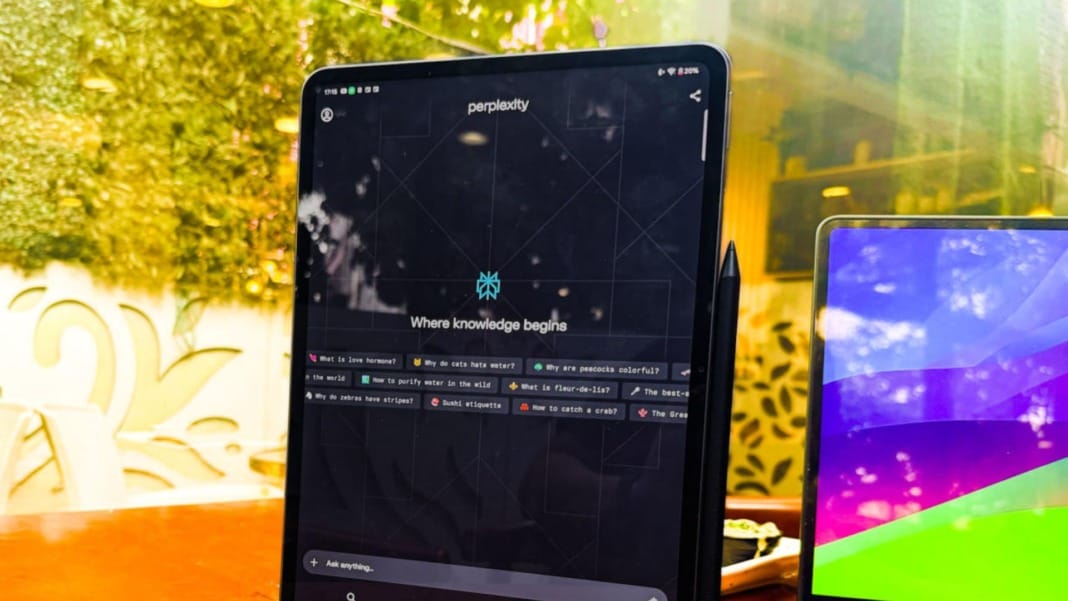Epic Games is set to broaden its mobile app store by adding nearly 20 third-party games. The new games will be available on Android globally and in the European Union on iOS. Additionally, Epic will launch its free games programme for mobile devices, with popular titles like Bloons TD 6 and Dungeon of the Endless: Apogee as the initial offerings.
To attract developers, Epic has promised to cover iOS fees for developers participating in the programme. The company claims these fees have been a significant barrier for developers wanting to move outside Apple’s App Store.
Epic’s vision for a cross-platform store
Epic Games’ CEO, Tim Sweeney, outlined the company’s long-term plan to build a unified, cross-platform store. This platform will allow players to buy games or digital items in one place and access them on all their devices, regardless of platform. Epic aims to introduce new free games every month and switch to a weekly release schedule.
However, as of January 2025, the games are not yet available in the store. Epic confirmed that some bugs are still being resolved and will provide an update once the games are released.
The news is out! We’re bringing a bunch of awesome new third-party games to the Epic Games Store on mobile but ran into a few bugs that we’re working through now.
— Epic Games Store (@EpicGames) January 23, 2025
We’ll provide an update once the games are live and ready to play!
To support developers using third-party app stores on iOS, Epic will cover the Core Technology Fee (CTF) for a year. This fee, levied at 50 euro cent per install after a game reaches 1 million downloads, is a significant developer expense. Apple imposes this fee on any app using third-party stores, and Epic’s move is an attempt to ease the burden for developers seeking alternatives to the App Store.
Epic has been a vocal critic of the CTF, arguing that it undermines competition by forcing developers to pay the fee whenever their game is downloaded on an iPhone or iPad—whether from the App Store or a third-party store. According to Sweeney, this is a major hurdle for any competitor seeking to establish a store outside Apple’s ecosystem. Epic acknowledges that it will lose money by covering the developer fee but sees it necessary to break the current monopoly.
Epic pushes for legal action in the EU
Epic hopes the European Union will intervene in what it describes as a violation of the Digital Markets Act (DMA), which governs digital competition. The company’s blog post stated that covering the CTF is not a long-term solution but a temporary measure. At the same time, the European Commission is investigating Apple’s non-compliance with the law.
This latest move is part of Epic’s ongoing battle with Apple and Google over their app store policies. The company has previously taken legal action in the United States but with mixed results. Epic hopes the EU will support its cause, as Apple has been forced to open up its European ecosystem under the DMA.
The challenge of mobile store expansion
Epic’s mobile store, launched in 2024, has faced challenges attracting users. By the end of 2024, the store had only 29 million installs, falling short of the company’s goal of 100 million. For the lower-than-expected numbers, Epic blames user friction, such as “scare screens” that deter potential installs.
Sweeney remains optimistic that Epic could still achieve its goals with a larger install base and the right network effects. However, he insists that true app store freedom, user choice, and competition will not exist unless the DMA is enforced more robustly across Europe.
Epic’s legal battle with Apple, which began with a high-profile lawsuit in 2020, is a central part of the company’s strategy. Sweeney is determined to break the App Store’s dominance, even if it takes years.





